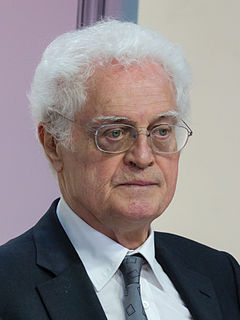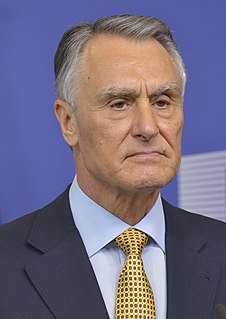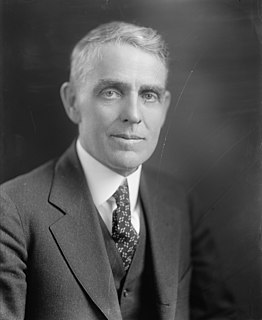A Quote by Tony Blair
If there are further steps to European integration, the people should have their say at a general election or in a referendum.
Related Quotes
To promote the process of European integration, we must improve an institutional mechanism already existing in the European Union, reinforced co-operation, by making it more flexible and effective. This approach allows a few states to move faster and further... We are all aware that this mechanism is vital.
What we should grasp, however, from the lessons of European history is that, first, there is nothing necessarily benevolent about programmes of European integration; second, the desire to achieve grand utopian plans often poses a grave threat to freedom; and third, European unity has been tried before, and the outcome was far from happy.
The development of European integration can be divided into two phases. The first era ended with the Maastricht Treaty. It was a liberalization phase, with the main goal of European integration at the time being the removal of various barriers and borders in Europe. The second phase is a homogenization or standardization phase, one that involves regulation from the top and growing control over our lives. This no longer has anything to do with freedom and democracy.
Germany has always stood for an E.U. of the 27 countries. But in light of Britain's continued resistance to further integration steps, as we saw with the fiscal pact, there are limits to my optimism in this regard. It's quite possible that we will have to create the new institutions for the euro zone first.
If the states and territories do not sign up to fundamental reform, then my message is equally simple: we will take this reform plan to the people at the next election - along with a referendum by or at that same election to give the Australian Government all the power it needs to reform the health system.
For the institutions of the European Union are at present incomplete. A European Senate is badly needed to complete them. By creating an upper chamber in the European parliament, a new bridge could be built between national political classes, which retain democratic legitimacy, and the decision-making process in Brussels. Such a Senate should be recruited by indirect election from exisiting national parliaments.











































